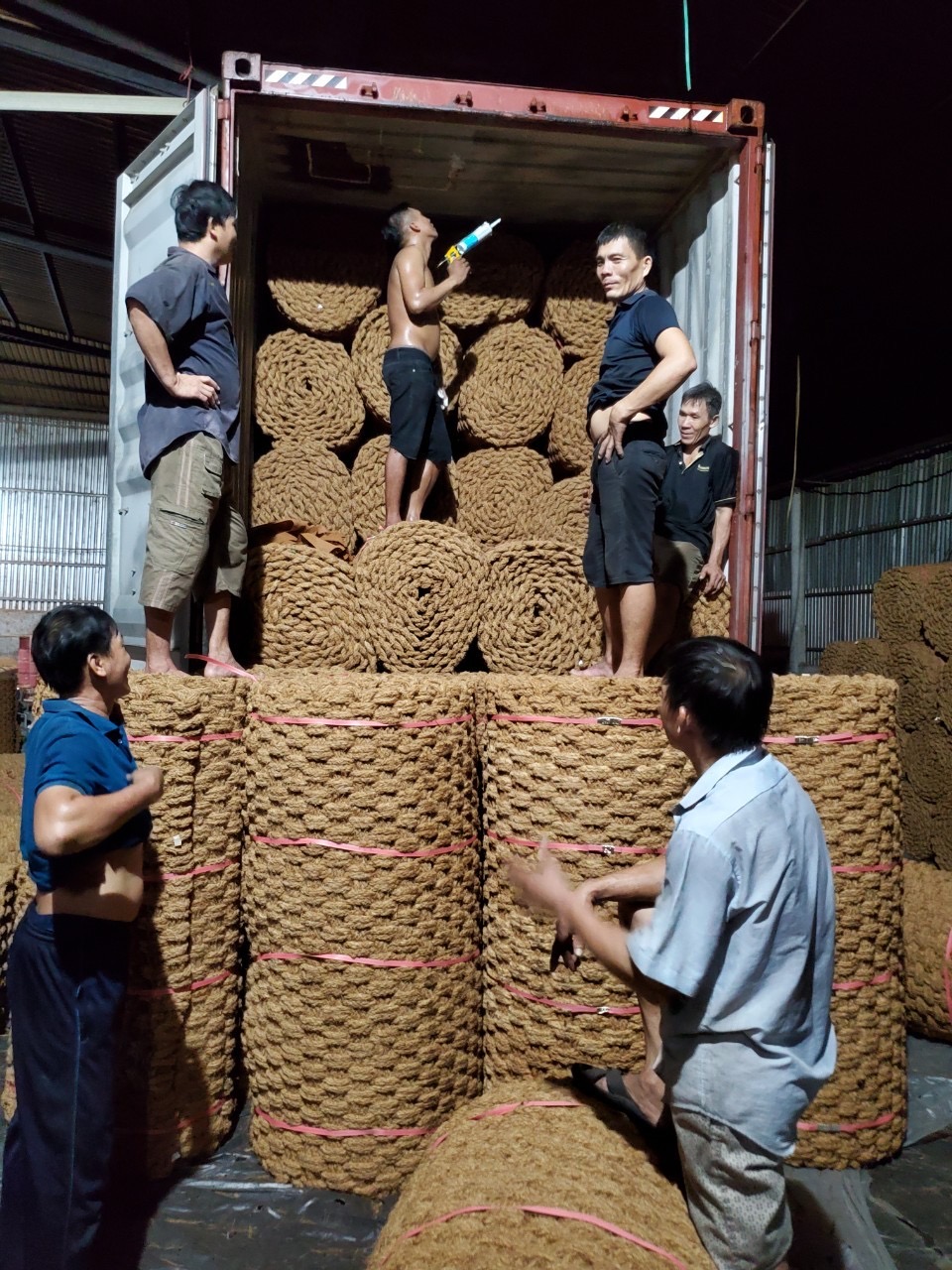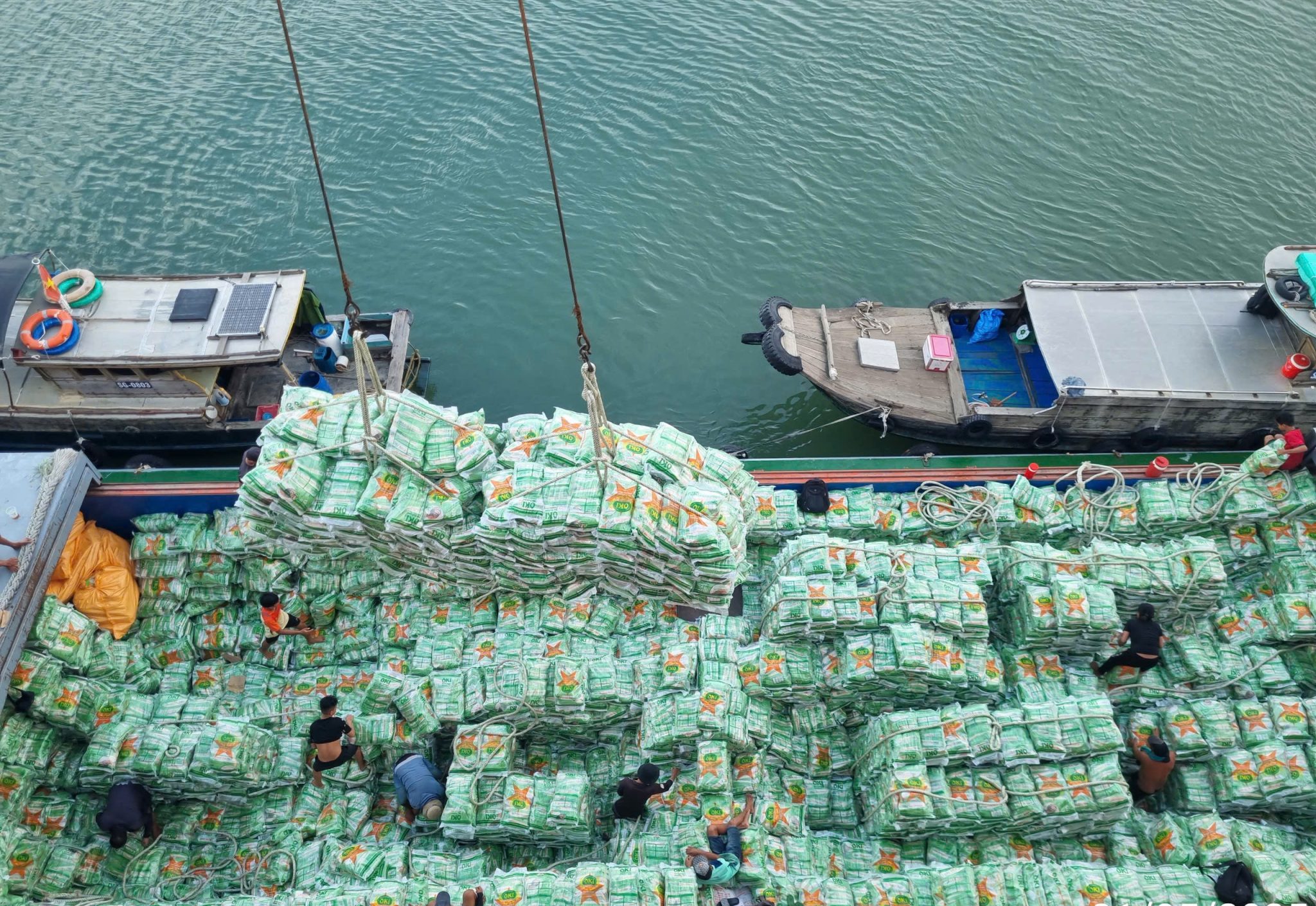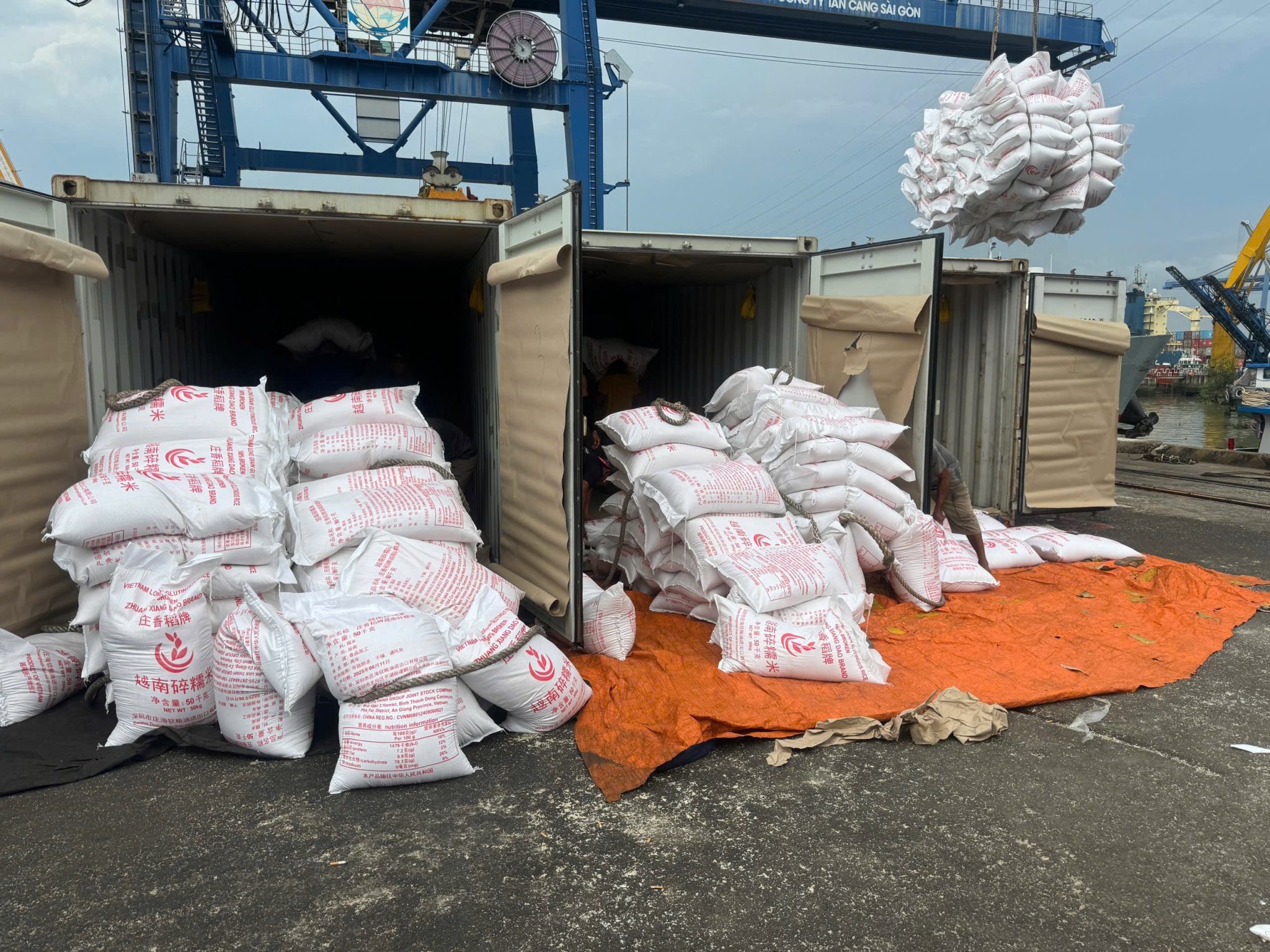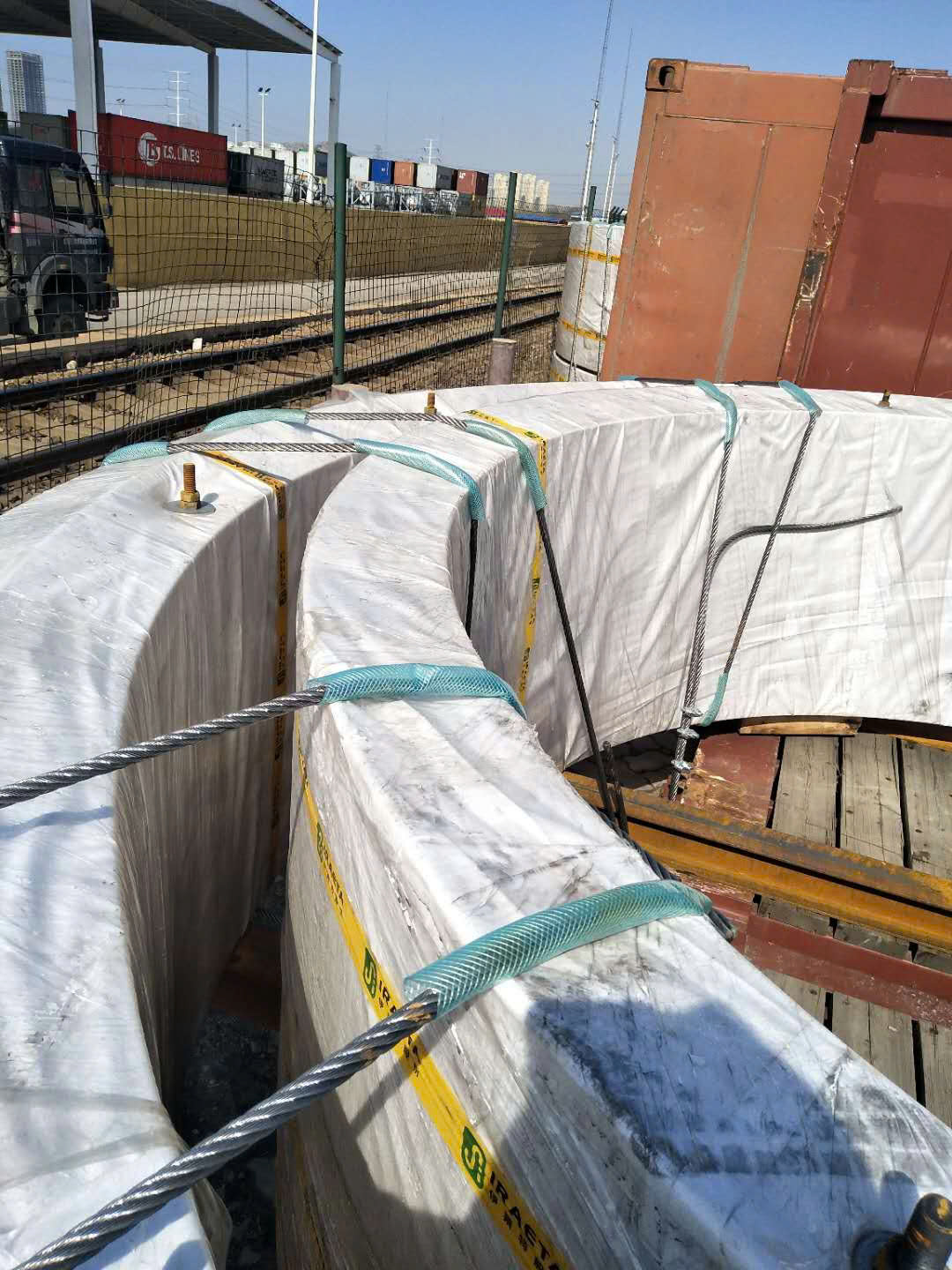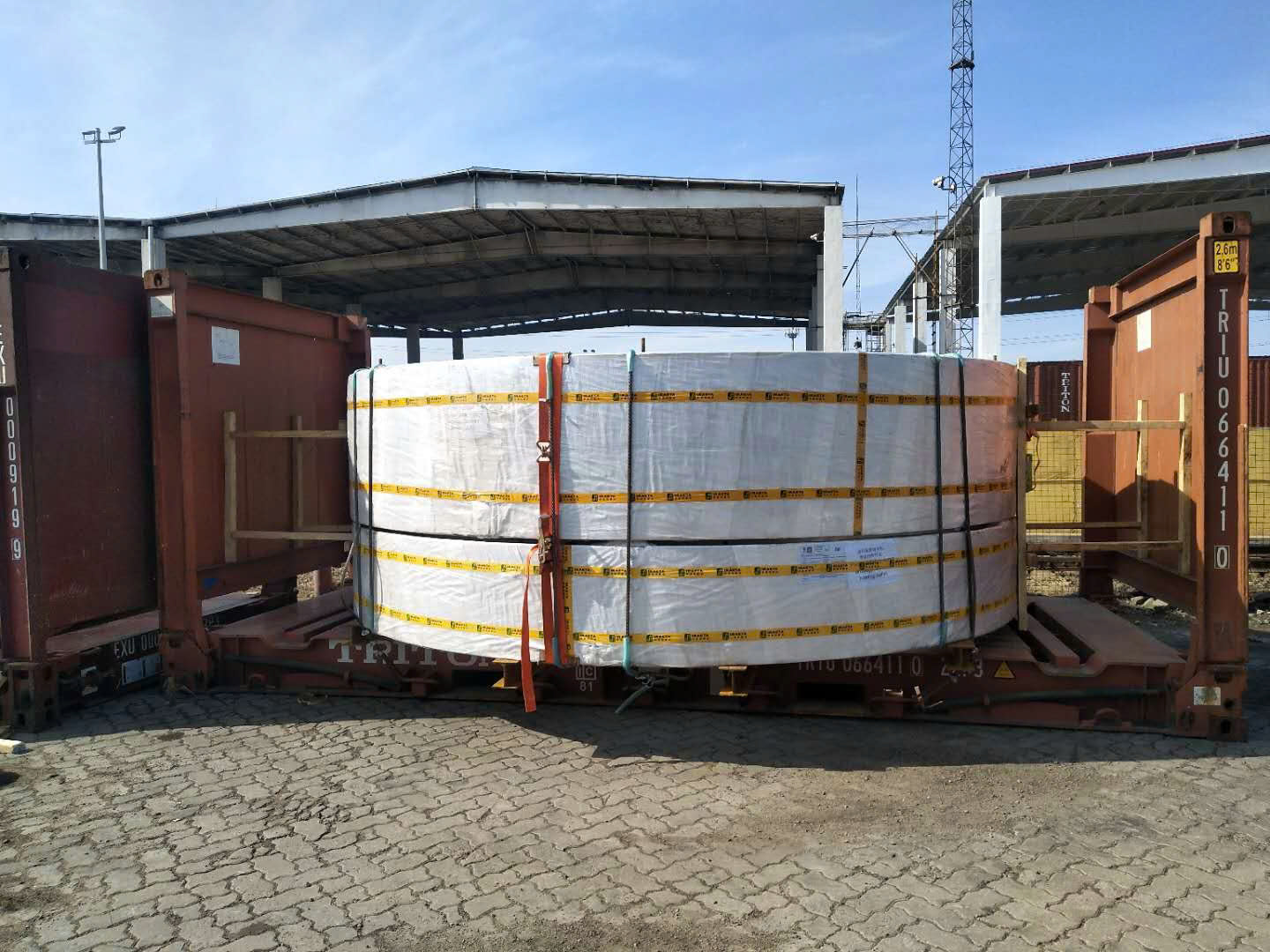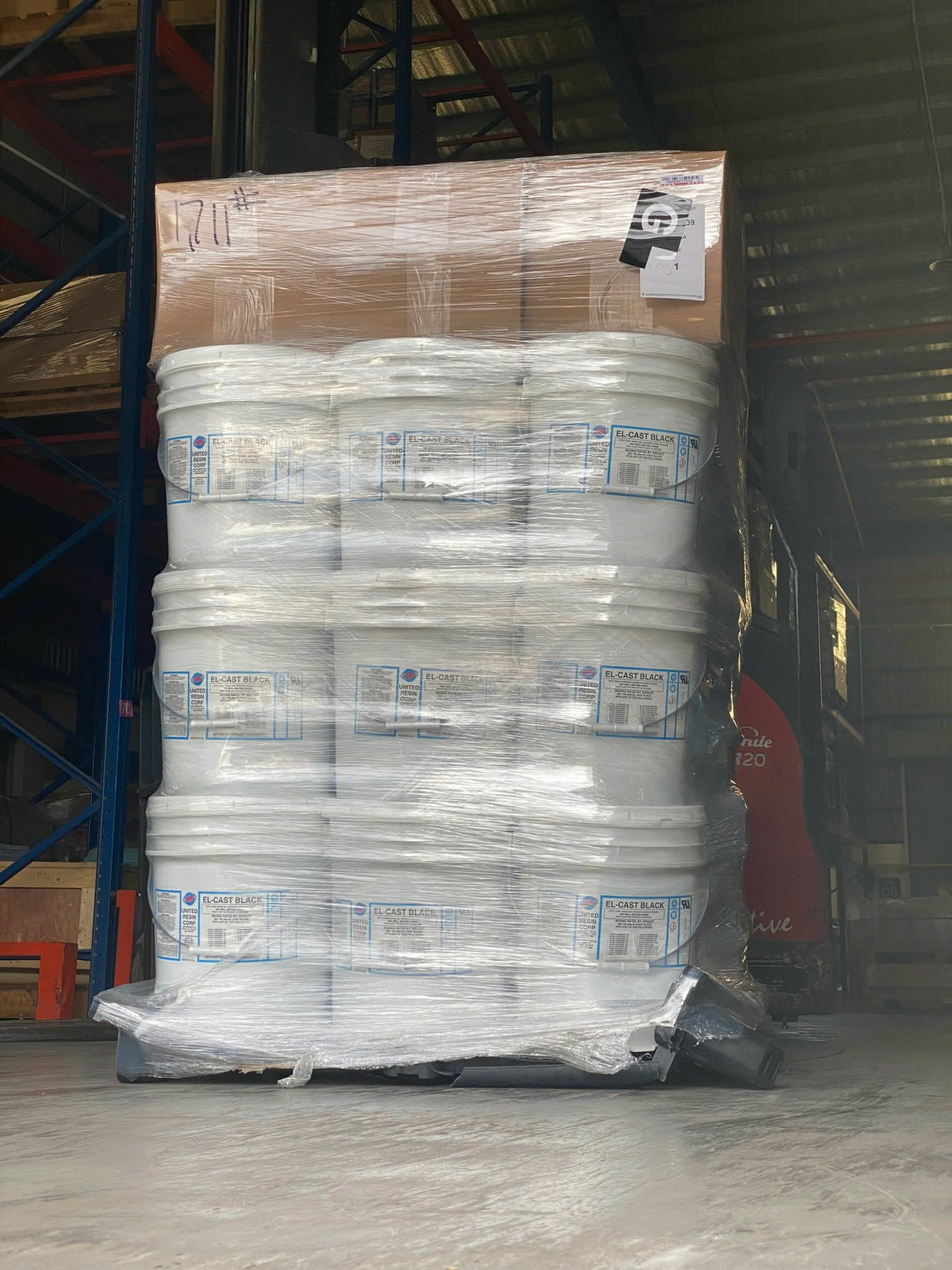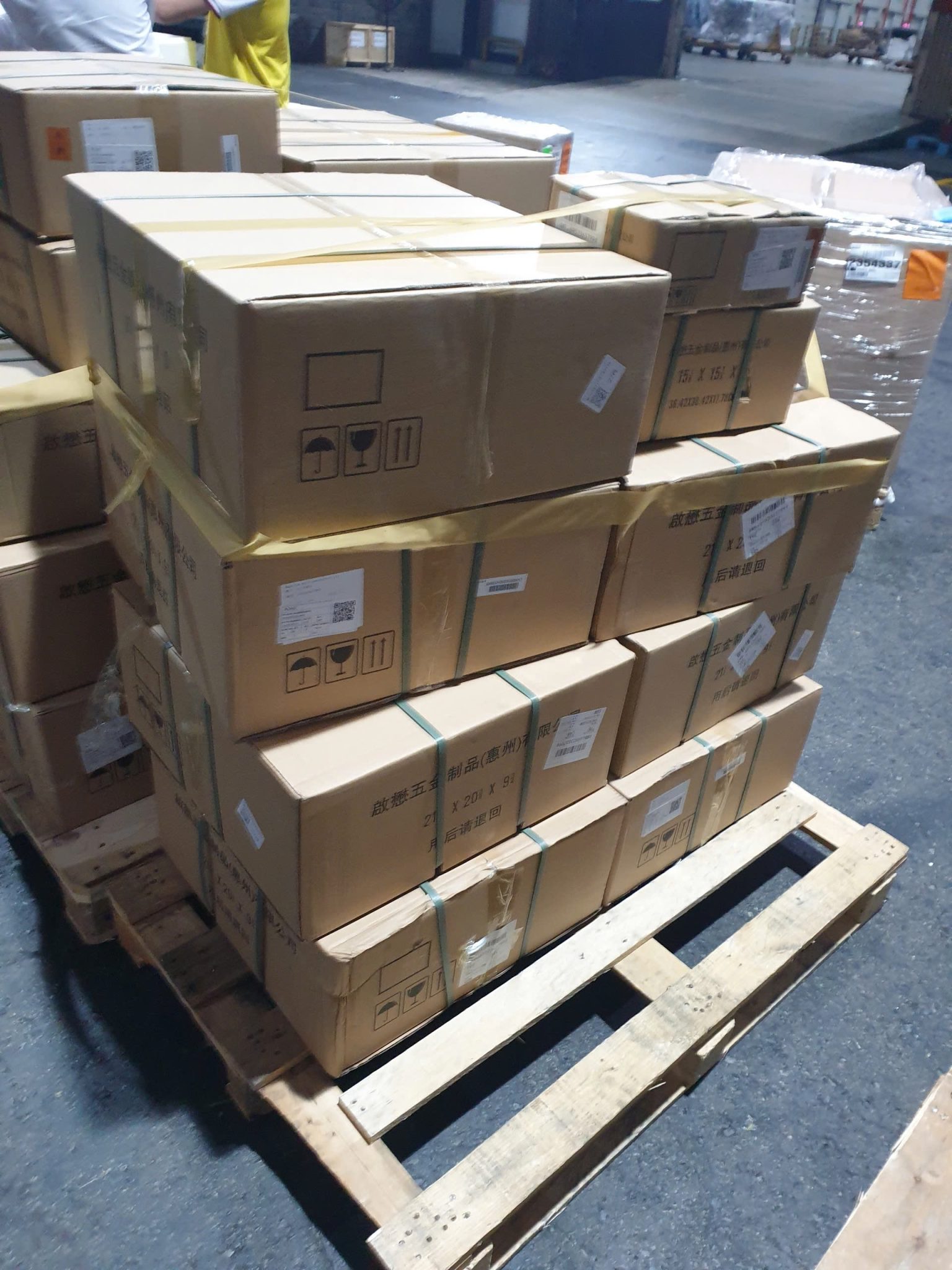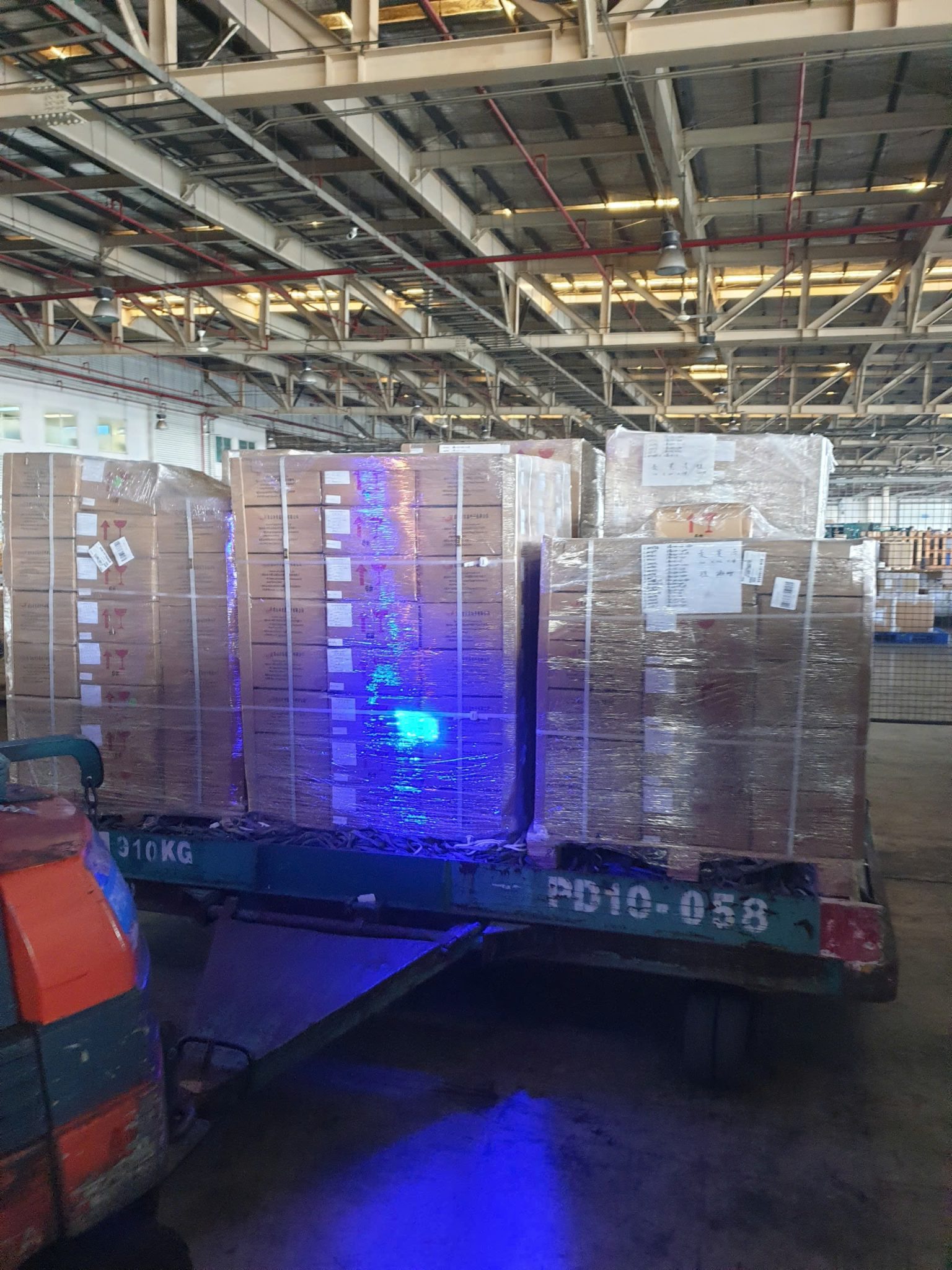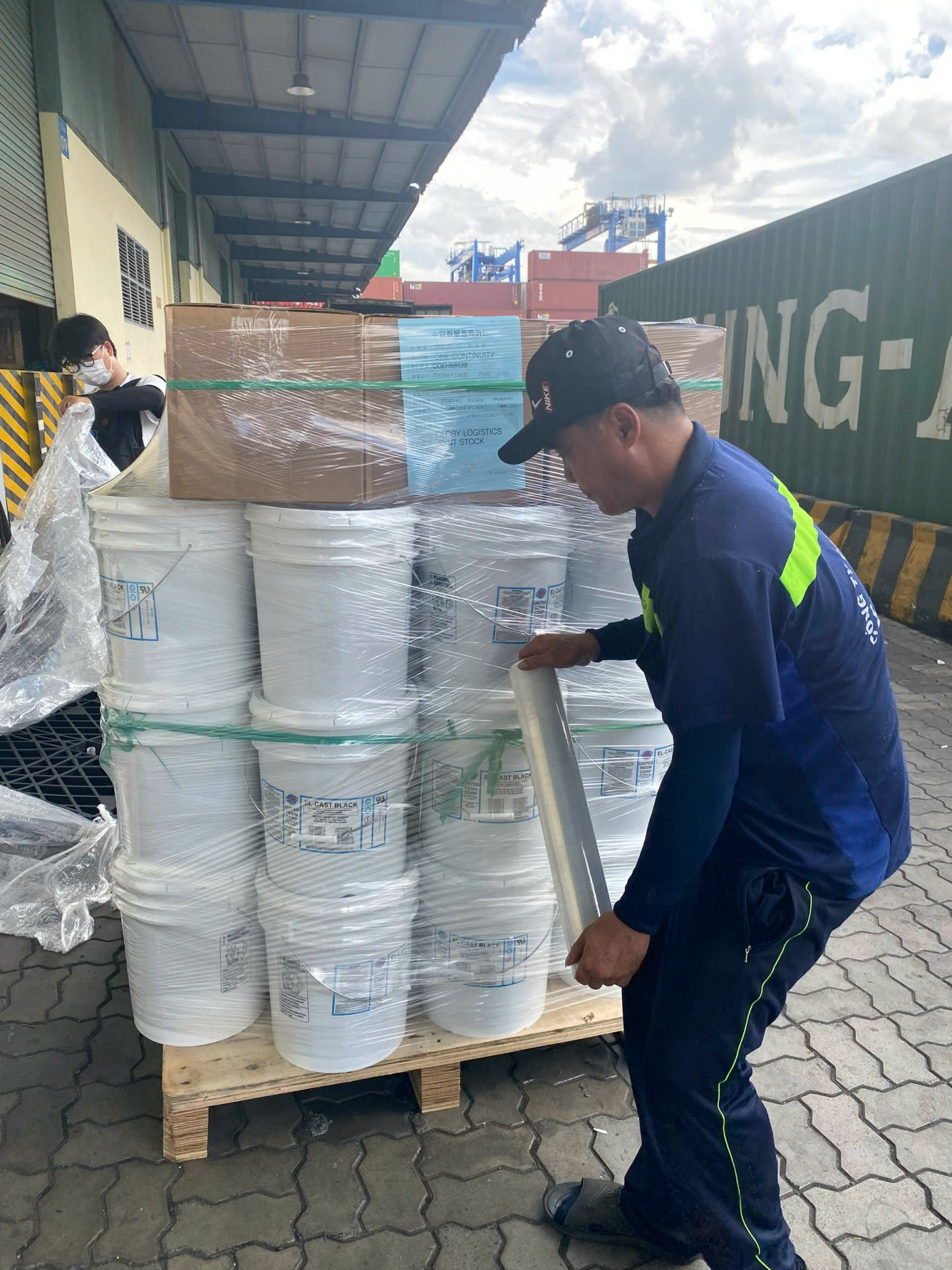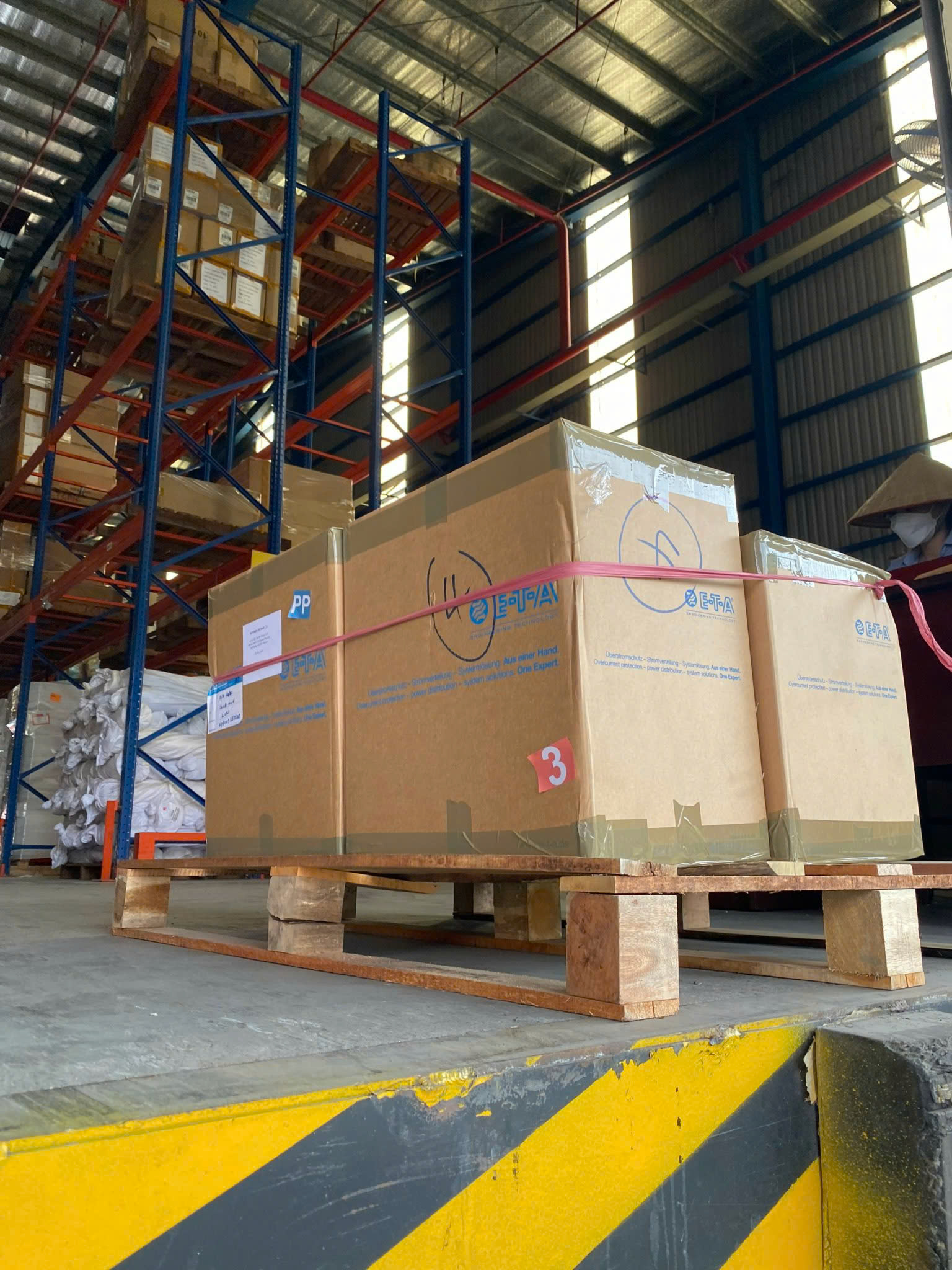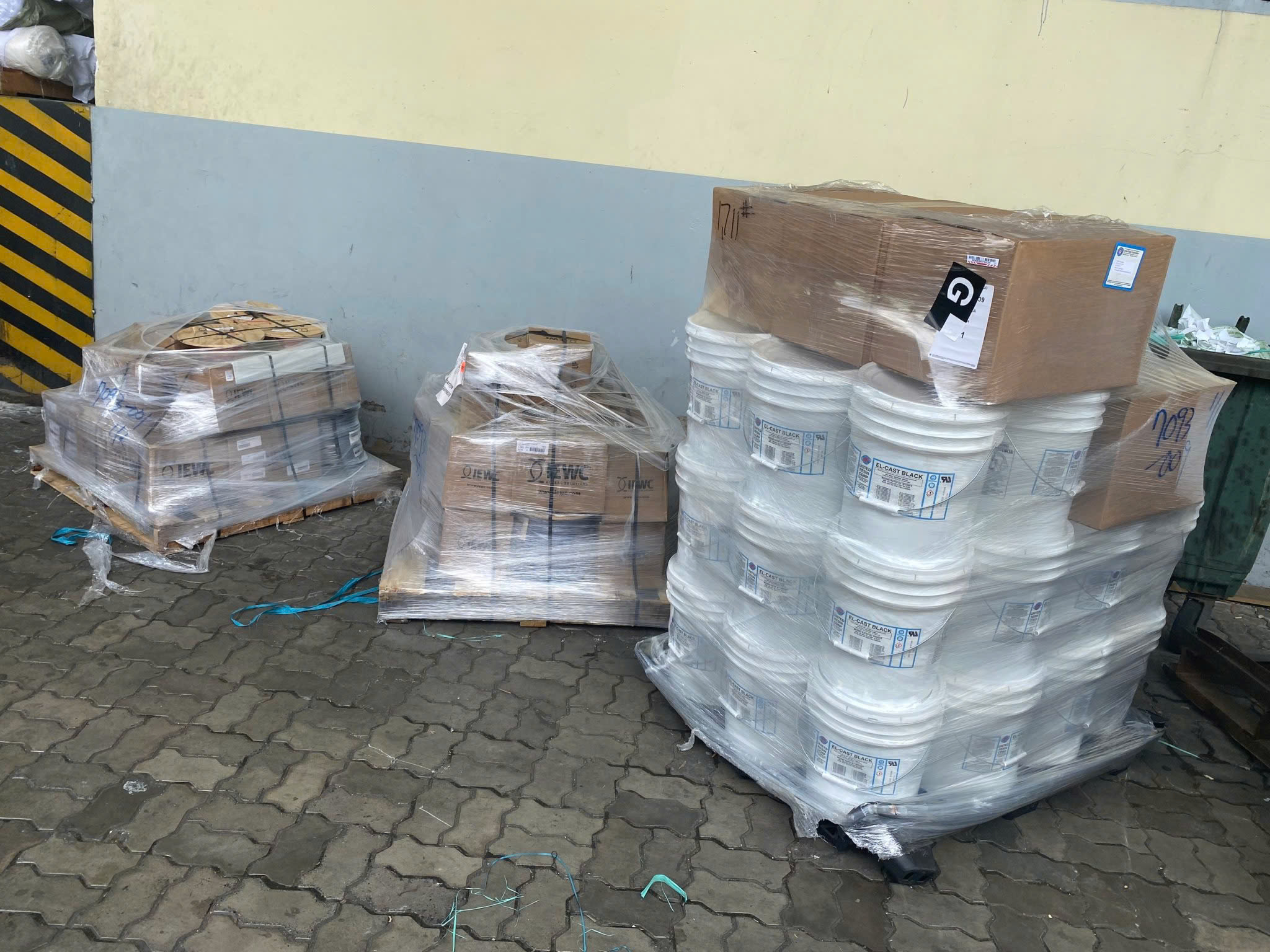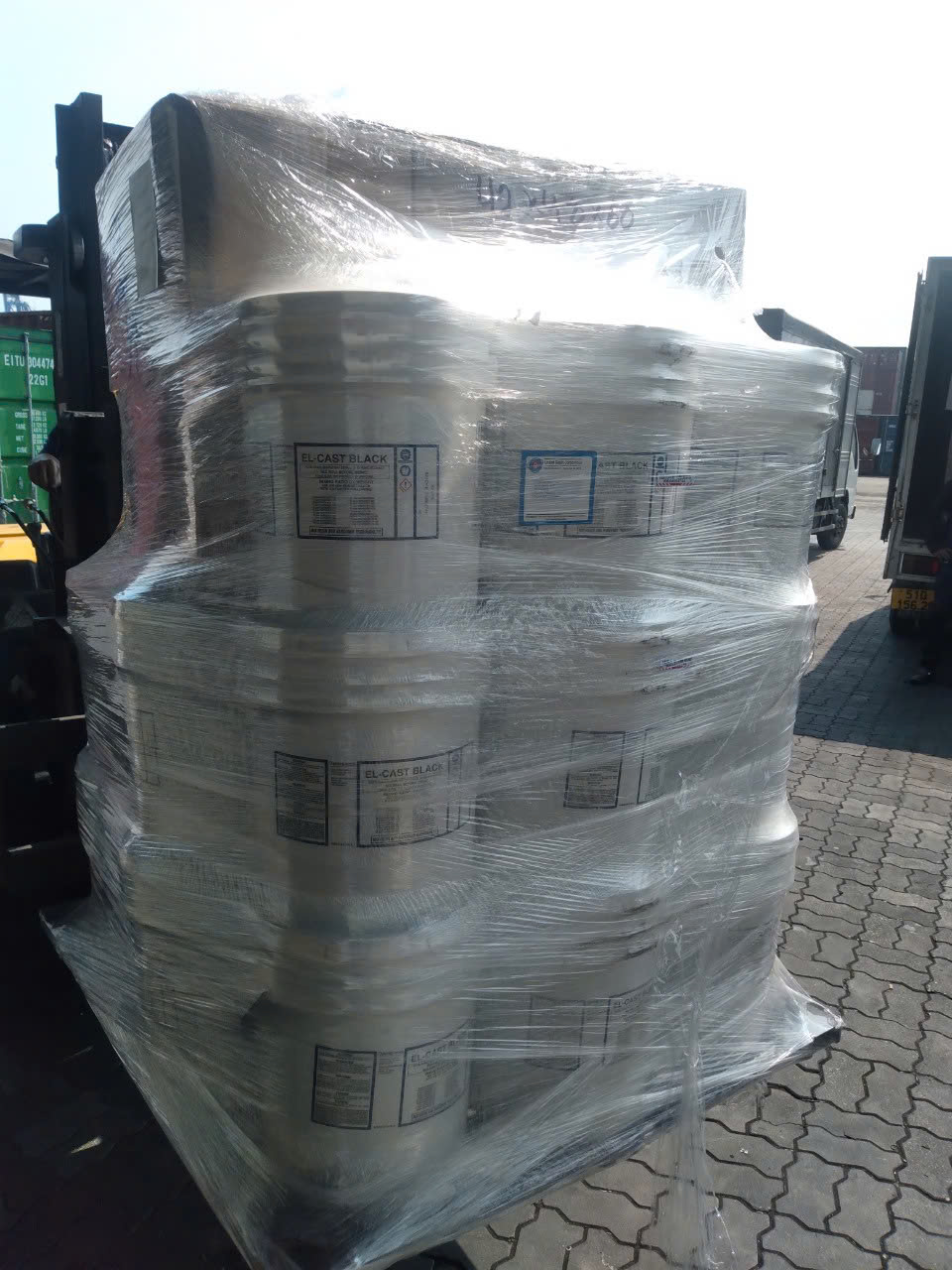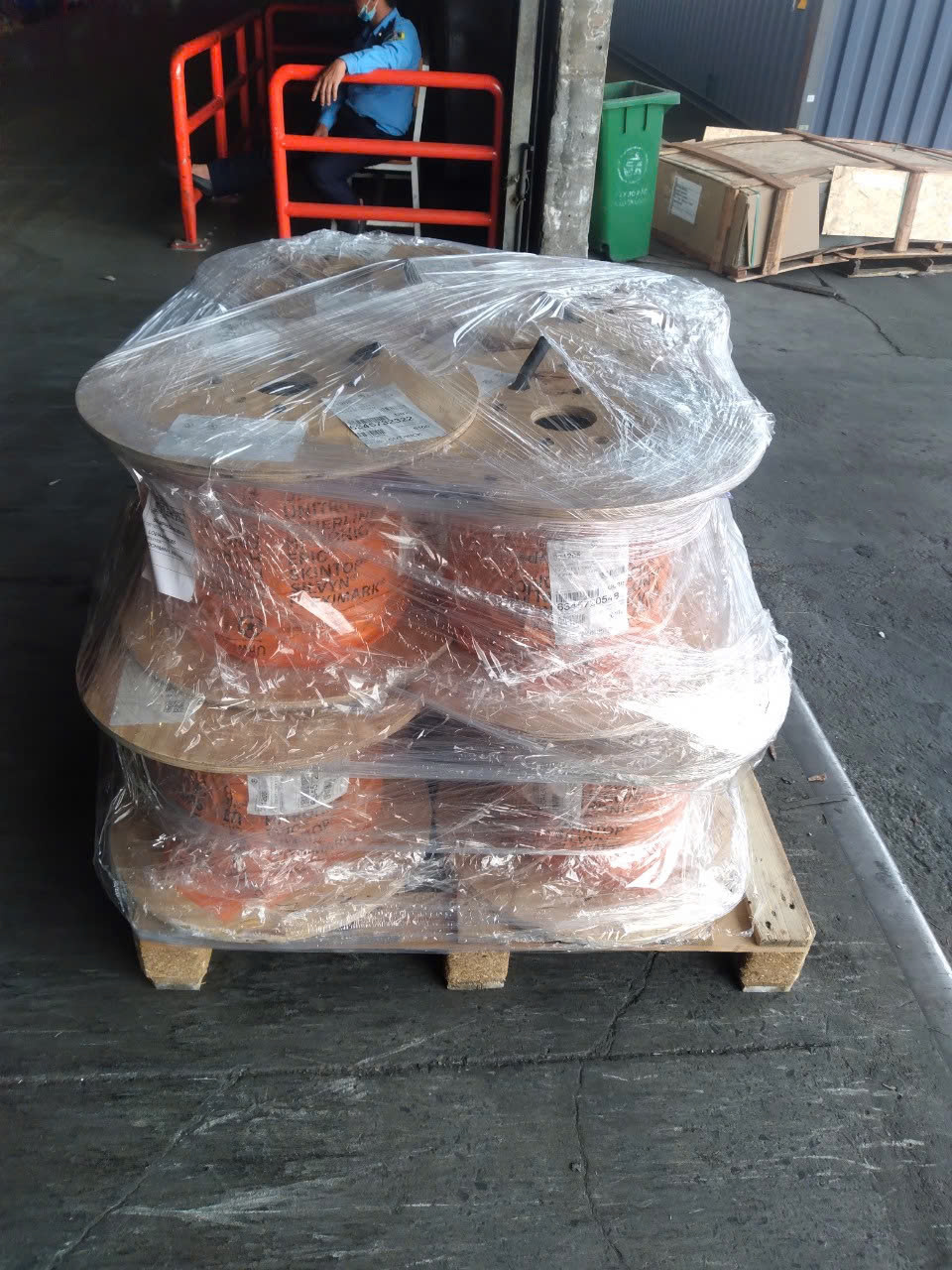After the pandemic COVID-19, the global supply chain has undergone fluctuations unprecedented. Shipping rates sea – capital plays a pivotal role in international trade – became the focal point of attention when continuous increase strength, and then lower the heat under the waves in the market. In the new context, the catch trends, challenges and opportunities is the key to Vietnamese enterprises to optimize costs and maintain competitive advantage.
1. Shipping rates sea fluctuations in how COVID-19?
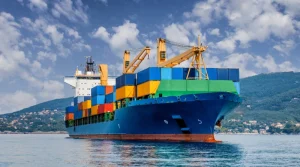
In the period 2020-2022:
-
Freight shipping container from Asia to America and Europe increased 4-6 times compared with the previous translation.
-
Cause: empty containers, congestion of port, teen, personnel, loading and unloading, fuel price increase.
-
Many businesses have to delayed orders or accept the shipping costs exceed the budget.
Steps to 2023-2025, the market gradually more stable, but still potential risks from conflict, geopolitics, oil price volatility, and policy changes in international trade.
2. New trend shape shipping rates sea
2.1. Digitized & transparency of information
Carriers and logistics company app platform tracking rates in real timehelp customers compare and book quickly.
2.2. Smart Container (Smart Container)
Integrated sensors to monitor temperature, humidity, position, reducing the risk of damaged goods, in particular with the frozen goods and high value items.
2.3. Green transportation (Green Shipping)
Tendency to reduce carbon emissions forced the carriers to use cleaner fuel, and adjust the structure rates to offset the cost of investment in green technology.
3. Challenges enterprises are facing
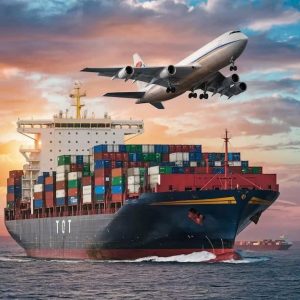
-
Depending on the manufacturer ship internationally: Ability to negotiate price are limited.
-
Fluctuations in foreign currency exchange rates: Fares are usually denominated in us DOLLARS, should be affected when rates increase.
-
Extra costs hidden fees: Free petrol, free high season, congestion charge port... can account for 20-40% of the total freight.
4. The opportunity to optimize costs for enterprises
✔ Long-term contract with the forwarder credits
Ensure price stability and priority spot on the ship, especially in high season.
✔ Leverage technology compare rates
Choose route and time of shipping optimal.
✔ Combination restaurant (LCL) to reduce the cost
Suitable with small batch or not folded on time.
✔ Expand export market to the online low rates
For example: southeast Asia, Middle East, Africa, where rates more stable than online Usa – EU.
5. Conclusion
Shipping rates sea in post-COVID, not only is the number of business needs payment, but also as indicator of health, the global supply chain. Understand trends, identify challenges and take advantage of opportunities that will help enterprises not only reduce costs, but also enhance competitiveness in international trade.

